Can you still recall how old are you when you first cracked a riddle or solved a puzzle? In this article, we will explore how puzzles and brain teasers can improve your mental clarity and quickness.
Universal Appeal and Accessibility
Would you believe that your four-year-old child, niece, or nephew is mentally ready for puzzles? According to the research conducted by the University of East Anglia (2020), children at age four can put the puzzle pieces together by merely looking at the pictures.
Puzzles and brain teasers (as the name suggests) are brain-tingling activities that lots of people use to stave off cognitive decay. Educational games aren’t just played to make the brain work but also a fun way to make use of free time. Studies reveal that brain teasers and other games for learning act as an avenue to release anxiety and stress.
One good thing about puzzles is their suitability for everyone. Whether you are a grader waiting for your next class, or an adult looking for exciting learning games, this one is for you.
Now, ask yourself. What brings you here?
Harnessing the Power of Games in Education
You are not reading this post by accident. Here are a few of the reasons why game-based learning is worth a shot.
In the 21st-century teaching-learning process where teachers no longer act as a sage on the stage, game-based learning is the new face of concept learning. The use of free educational games has taken the internet by storm. Its popularity has reached even the farthest areas of the world.
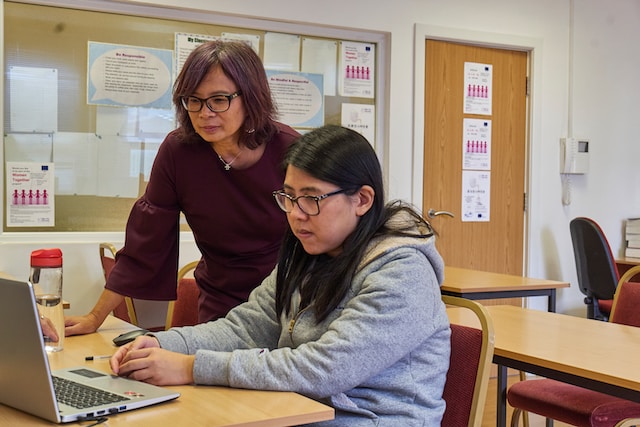
In today’s classroom, seldom you’ll see teachers standing in front, projecting their lessons, and explaining everything to the class. Rather, you’ll see them hopping from one small group to another, and guiding learners on how free educational games are played.
Rooted on the notion that every challenge is an invitation, game-based learning is a new teaching approach that lets the learners discover and hone their potential through playing well-planned games for learning. With teachers acting as guides on the side, gameplay in the classroom can bring them directly to the world of learning.
Through interactive games, children learn to work with others and achieve the predetermined goal. Unlike traditional classrooms, game-based learning allows them to think outside the box and take responsibility for their actions or decisions.
Wondering what sets game-based learning apart from conventional learning? It’s the flexibility and freedom. Just imagine how rewarding it could be for learners to uncover the concepts as they enjoy the educational games with their peers.
Moving on, learning games aren’t just plain mental games that help boost attention, engagement, and focus. Instead, these educational games serve as an opportunity to improve creativity, camaraderie, decision-making, and critical thinking.
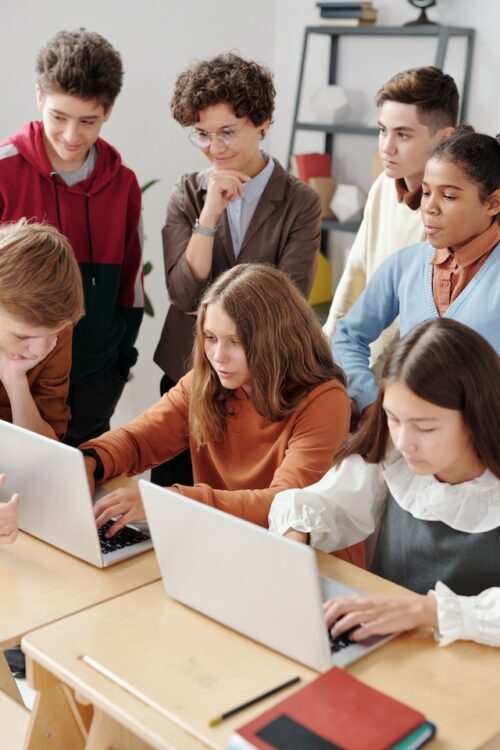
Tailoring Educational Experiences for Every Student
Getting a better grasp of the power of game-based learning in the classroom is now the perfect time to learn how to choose the right games for learning.
Before moving on, I want to reiterate the point that learning games aren’t designed for classroom use alone. There are a handful of game-based learning platforms that learners can access at home, at the park, or just simply anywhere anytime.
Choosing the right educational games is as important as choosing the right school to enroll at. First, know what you want to develop in your child. Keep an eye on that goal.
For teachers, this may sound basic. But, believe it or not, the vastness of the selection of learning games is overwhelming- that even teachers have a hard time choosing which game to use.
How to Find the Best Learning Game for Your Student
So, buckle up everyone! Let me guide you through selecting the best learning games for every learner.
Keep an eye on age-appropriateness
When selecting educational games, recognize that young learners enjoy games that are easy to play. On the other hand, older ones love more challenging but easy-to-navigate educational games. Choose a game that suits best the players’ age.

Use variation intelligently
There are games for learning that can be played alone and in groups. Variation is essential. Although playing alone improves independence, it is equally important to allow learners to mingle with others.
This way, you’ll strengthen their socio-emotional and interpersonal skills. Remember, a wrong choice for educational games defeats the purpose of game-based learning. So, think of these games as a mental adventure where learning is unraveled in an exciting and interesting way.
Choose fun over cool
Challenge the learners with fun and mind-stirring learning games rather than “cool” ones. Don’t get confused with the terms “cool” and “fun”. Cool refers to how aesthetically a game looks, while “fun” strikes a balance between learning and pleasure.
Don’t get tricked with games that look interesting. Opt for something that brings learning and excitement on one page. Bear in mind, that effective learning games educate learners the same way with effective teachers.
“Playability” and game mechanics matter
Players of free educational games may immediately drop the game off if they do not get how it is played.
Keep it simple
Game-based learning platforms that are simple and easy to navigate can go the extra mile when we speak of educational games. Easy-to-understand rules and game mechanics double the fun.
Spending an hour figuring out how a certain game is played is a waste of time. Why go through all these when there are lots of other free educational games to choose from?
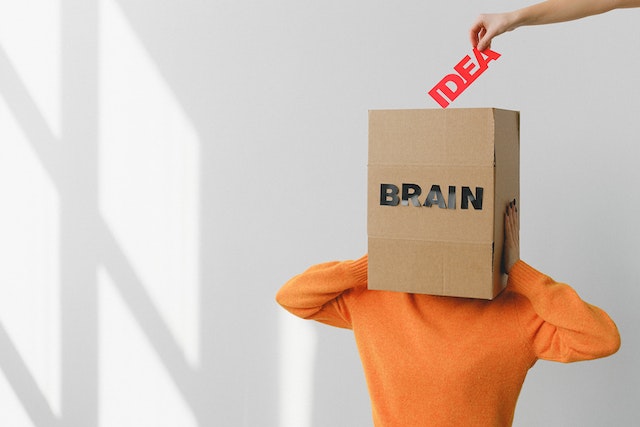
Developing Analytical Abilities through Game-Based Learning
We were taught that people’s minds are compared to a blank tablet as we were born. Our mental abilities are triggered by our experiences. This means that when our minds are triggered to think, we begin to analyze and visualize beyond the obvious.
Being gifted with a high level of intellect, all learners are born as analytical thinkers. We can easily grasp things that we find interesting. Without knowing it, we even scrutinize things from end to end.
This is where games for learning come into play. Free educational games allow learners to seek pleasure in doing simple challenges, solving tasks, interlinking ideas, and thinking intelligently.
In the context of game-based learning, learners are provided with opportunities to experience the real world while sitting next to their learning buddies. Through carefully-picked game-based learning platforms, they can identify the problem, consider options, and decide which alternative best solves it.
The more we expose our learners to these educational games, the better thinkers they may become. Trust me. With all these educational games, we create a society of intellectually competitive and life-long analytical thinkers.
Promoting Teamwork in Game-Based Education
Why games?
In case you missed it, let me say it once more. Learning games are the new face of learning. When it comes to powerful content delivery strategy and teaching dynamics, don’t go crazy seeing educational games steal the spotlight.

If you think that game-based learning revolves around leveling up the minds and analytical skills, think again. The power of this 21st-century learning strategy in encouraging dynamics and teamwork is awe-inspiring. Backed up with research data, Rivarri et al., (2023) elaborated how educational games foster teamwork.
When guided appropriately, these learners openly share information and tactics with their teammates. This helps them discover their strengths, as well as their weaknesses without getting ridiculed. Shared responsibility and interaction in game-based learning platforms is the key to teamwork.
Effective Methods for Evaluating Learning Outcomes in Game-Based Learning
It is believed that the manifestation of learning is a positive change in behavior. The success of game-based learning (as a learning strategy), has become a recognized truth in today’s education milieu. Existing research and studies can attest to it.
But then, knowing whether or not the learners were able to master the competencies and acquire the skills in a game-based learning platform is not as easy as you think. To help you check the success of game-based learning, you may go ahead and try these methods.
One, choose your evaluation methods and tools carefully. You’ve identified your evaluation goal, haven’t you? Now, keep an eye on it or lock it in.

Don’t feel guilty if you become a little subjective because we are not talking about the obvious results of game-based learning here. There may be times that change in behavior or mindset, which learners often manifest can be a good sign of a positive learning outcome.
Keep your eyes open so that you won’t miss any manifestation of learning. Asking random questions to learners can go the extra mile, as far as the evaluation of learning outcomes is concerned.
By throwing thought-provoking questions to learners, you get to know how far they’ve changed mentally, emotionally, and socially. Again, the way they collaborate with others while playing free educational games radiates how well these games changed them as a person.
Now, here’s an objective way to evaluate learning outcomes in game-based learning platforms. Every learning platform comes with learners’ progress tracking and performance evaluation. This means that every time players get passed a learning challenge, their progress is automatically recorded and analyzed.
At this point for sure, you are itching to put your kids’ brains to the test through these games for learning. Whether your child is a puzzle guru or a newbie in a game-based learning platform, they are in for a treat.
If you want some great suggestions for unique board games, check out our article:
“Best 15 Board Games for a Unique Play Experience“

Josephine M. Dilema, Ph.D. is a Master teacher in the Philippines who has been working in the Department of Education for the past ten years.

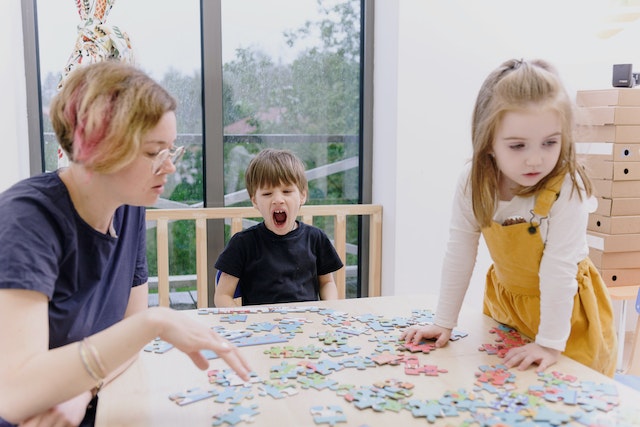







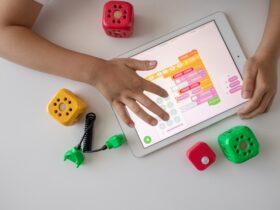




Leave a Reply